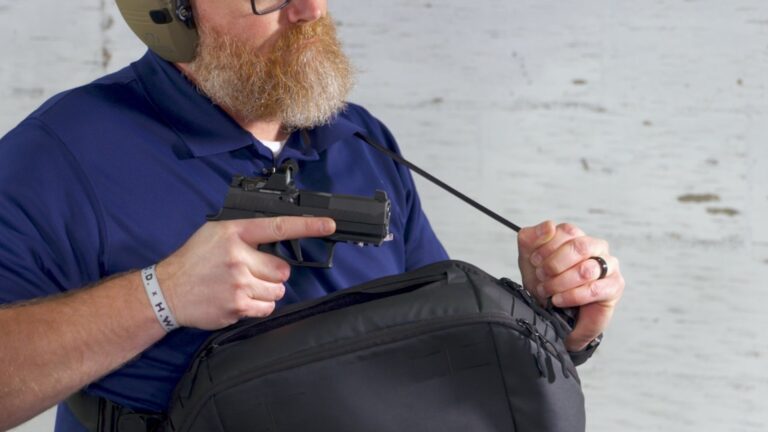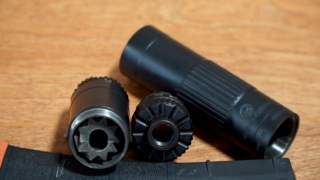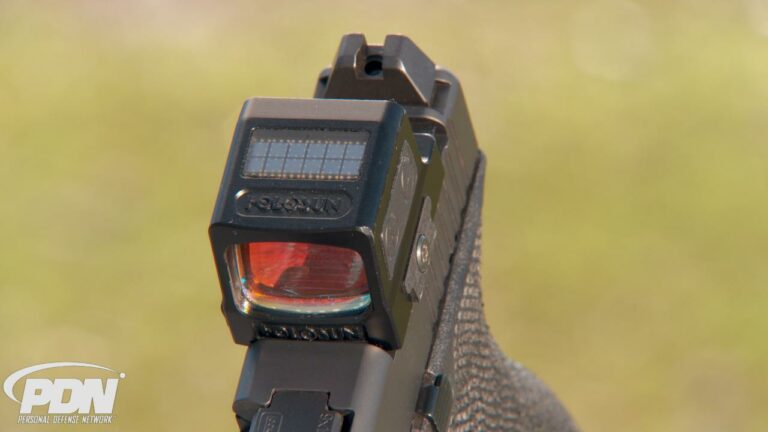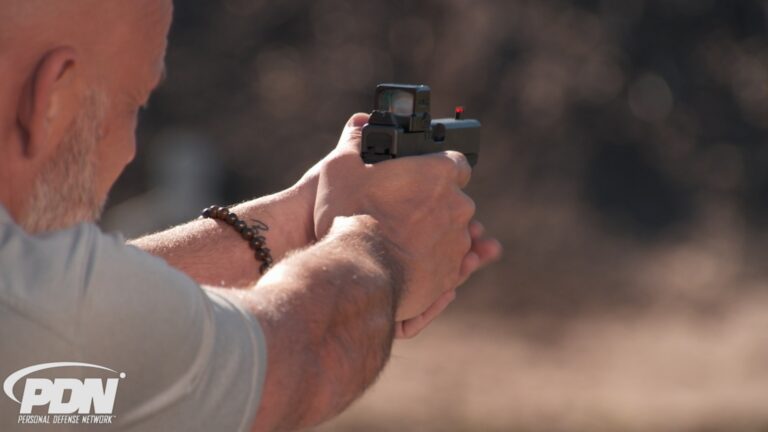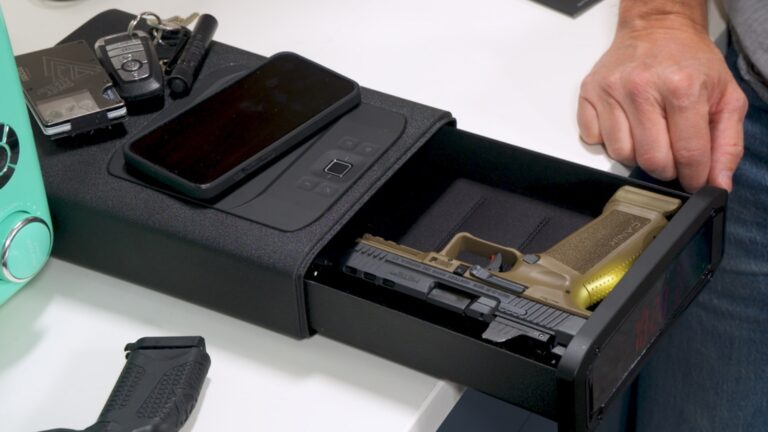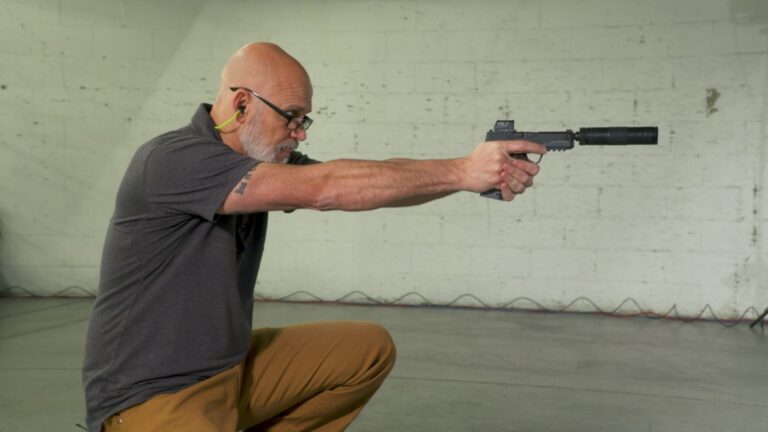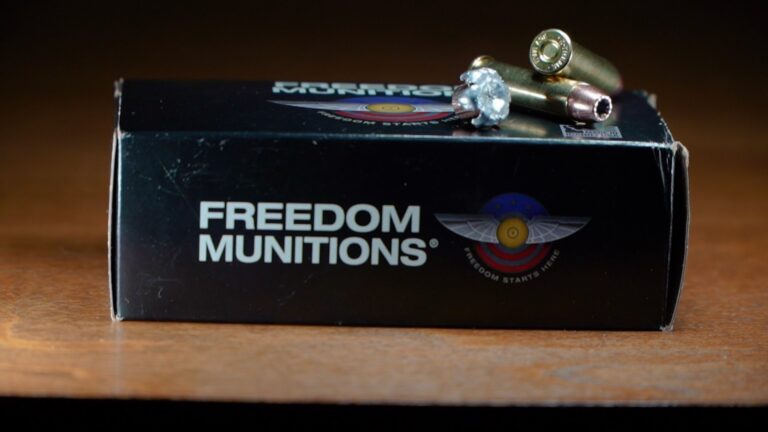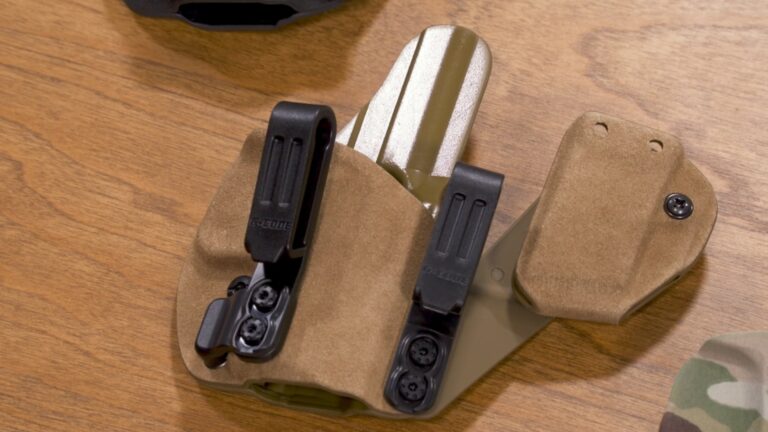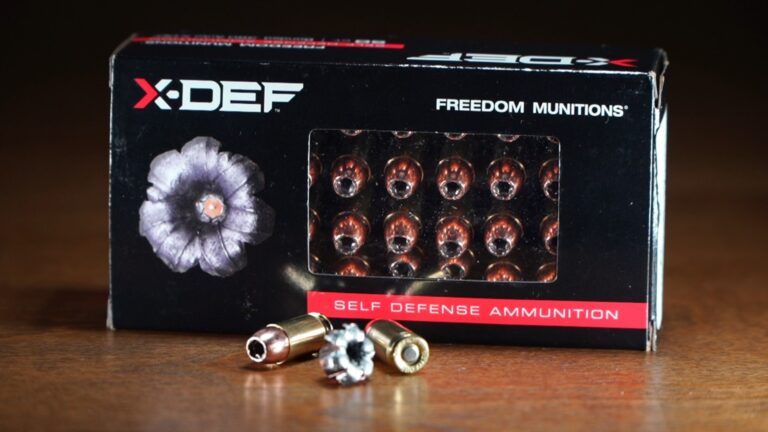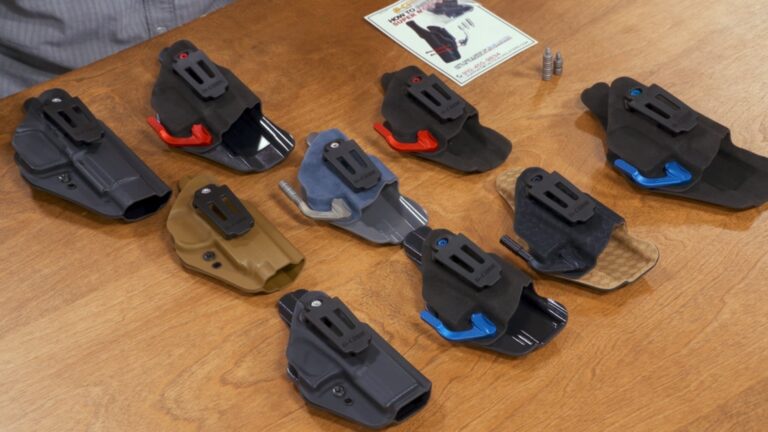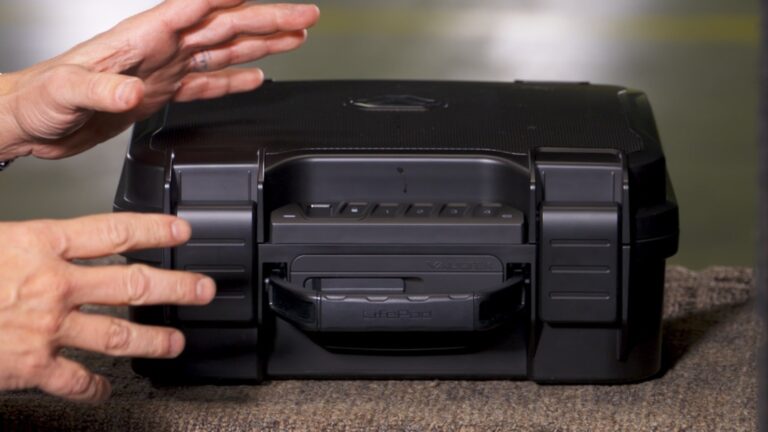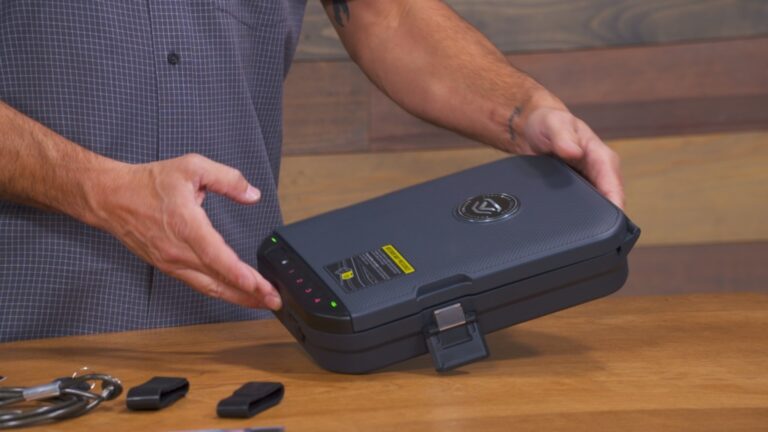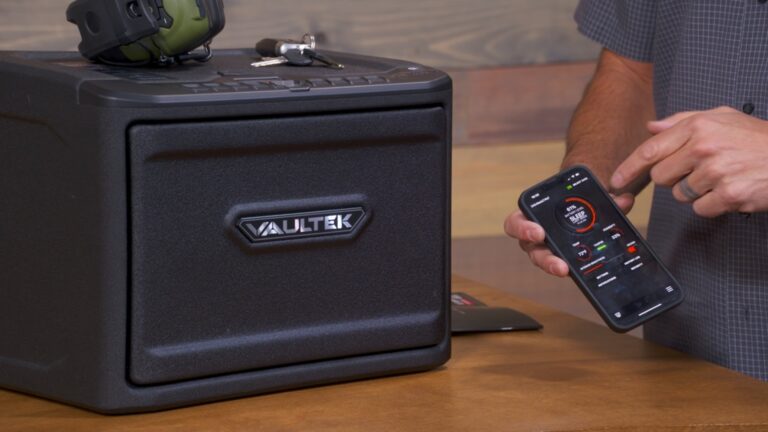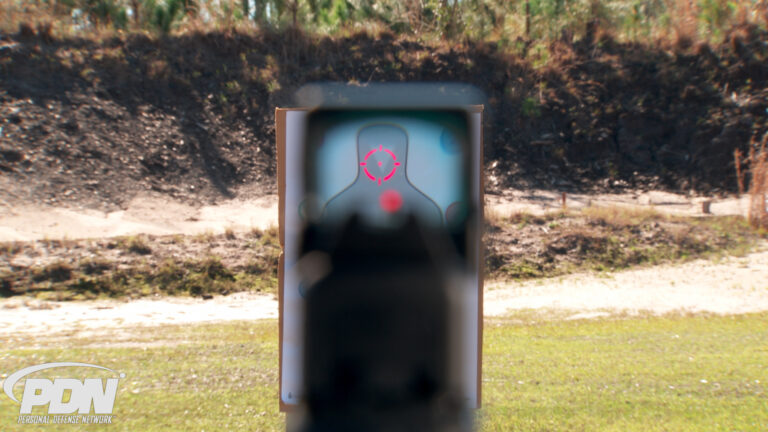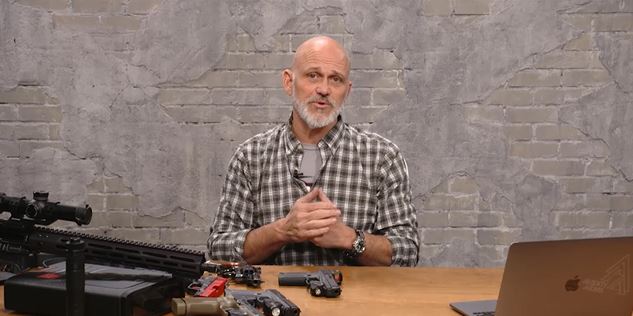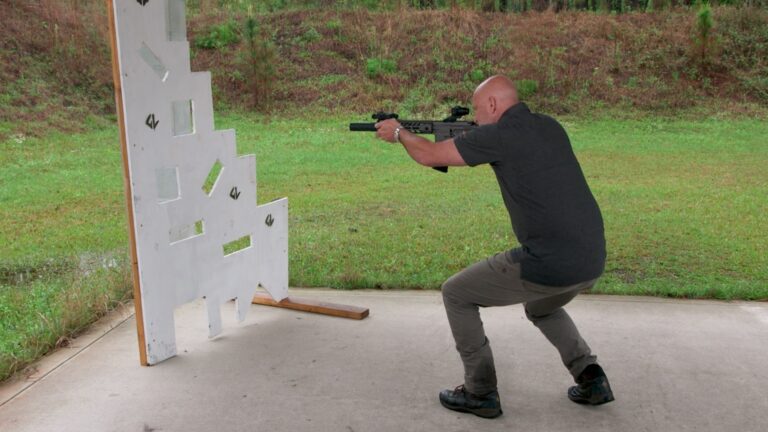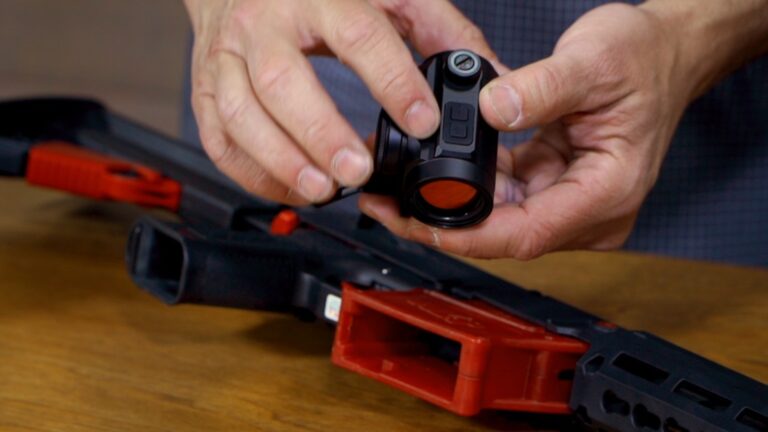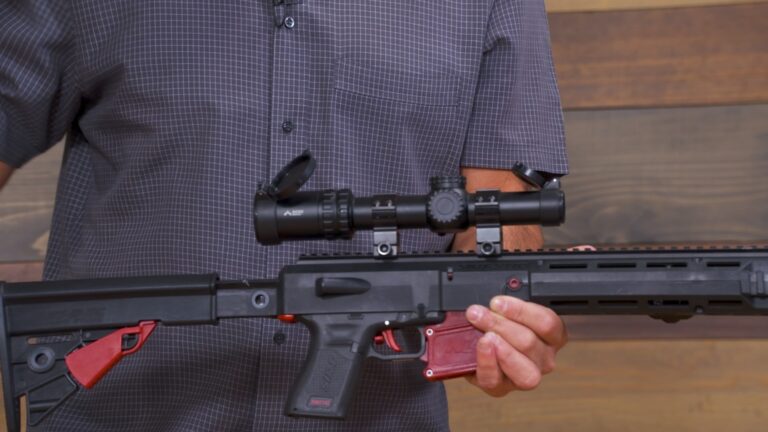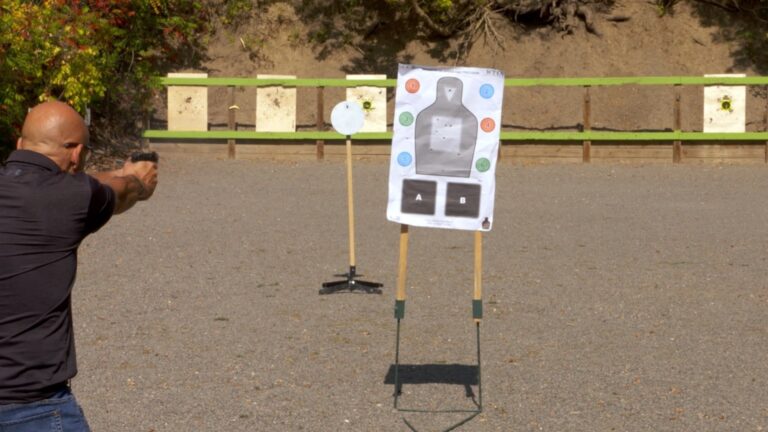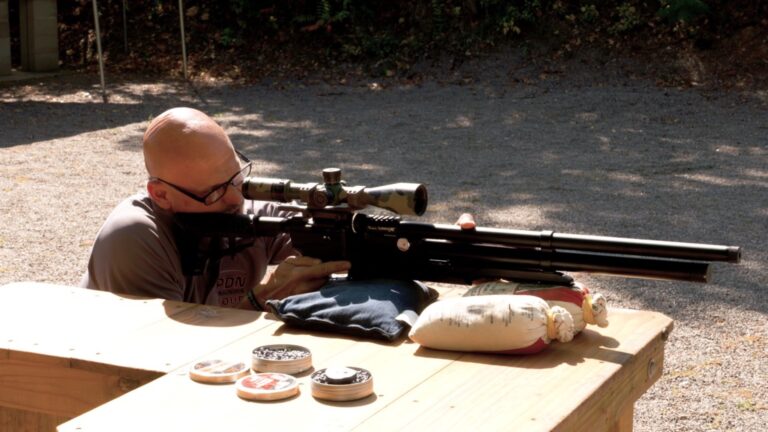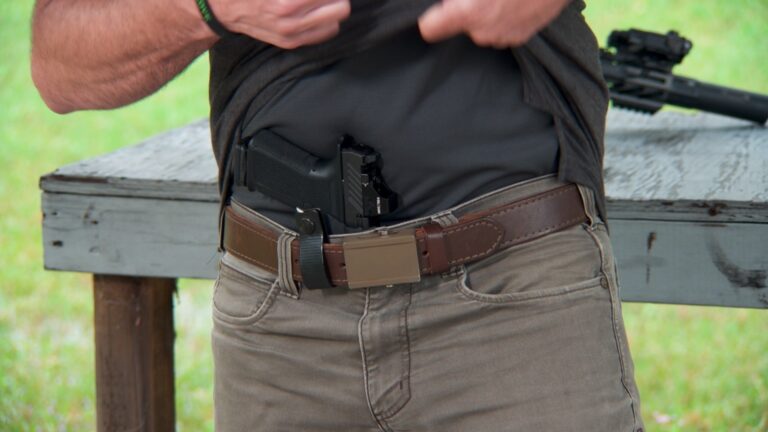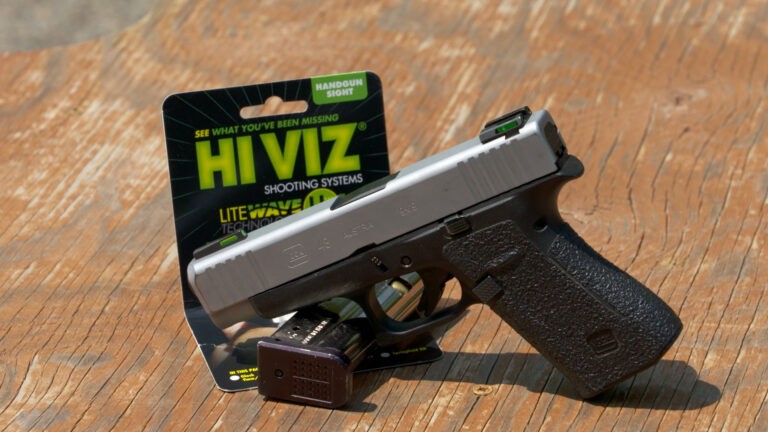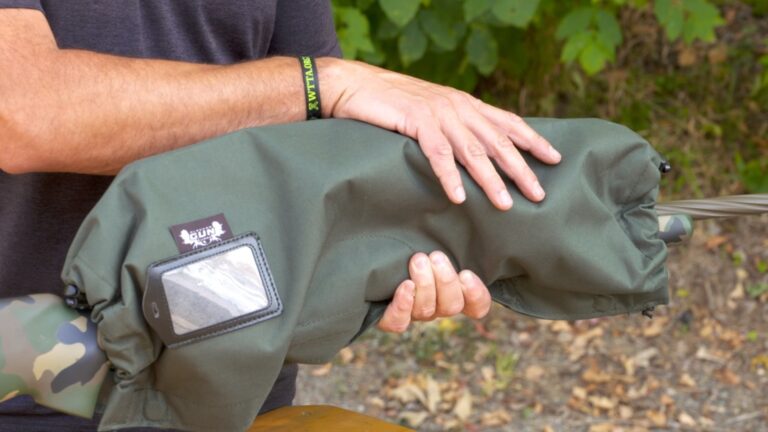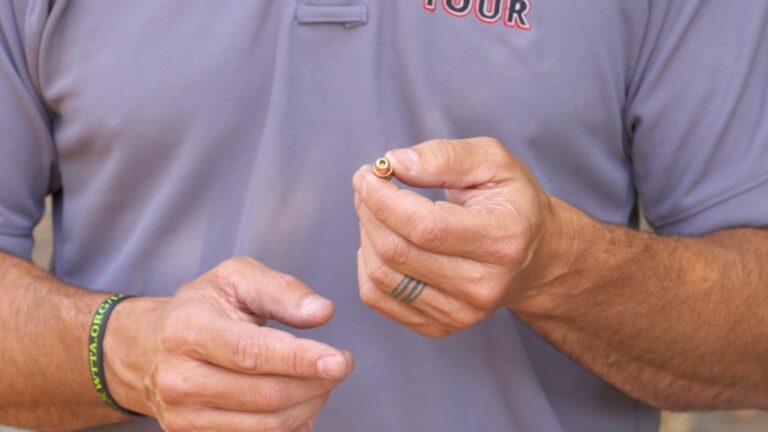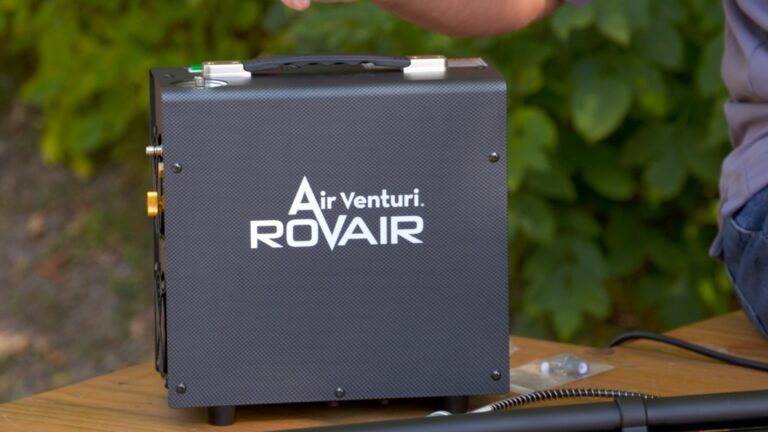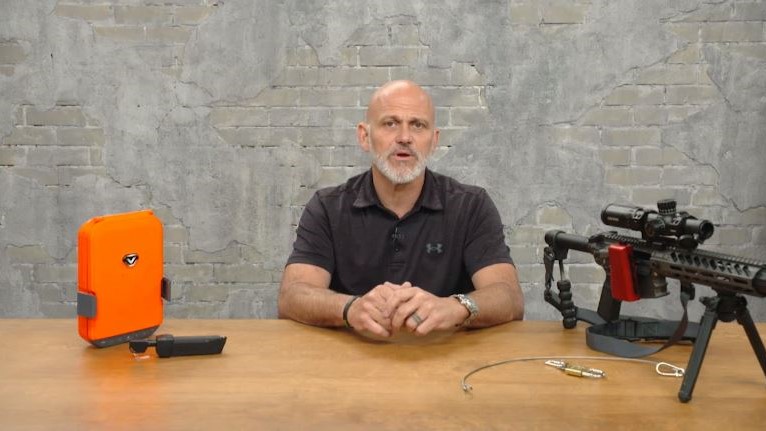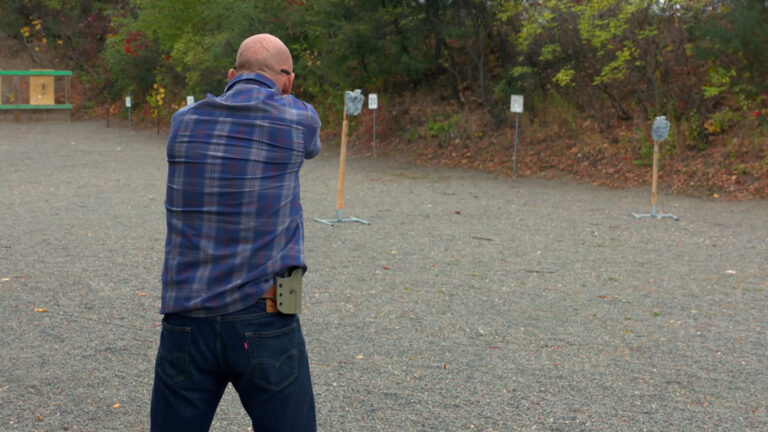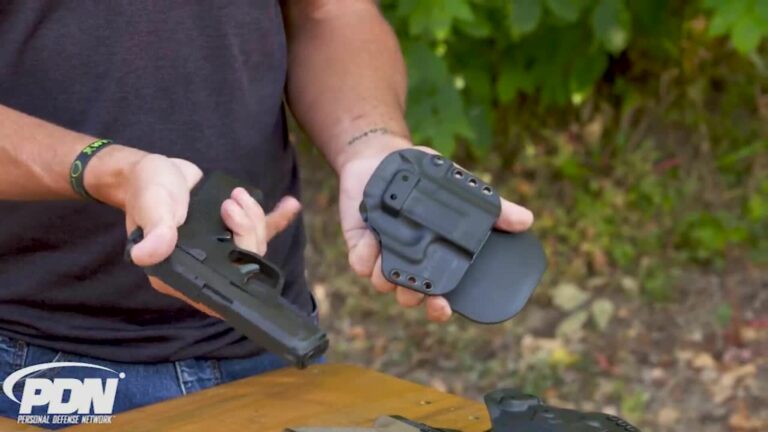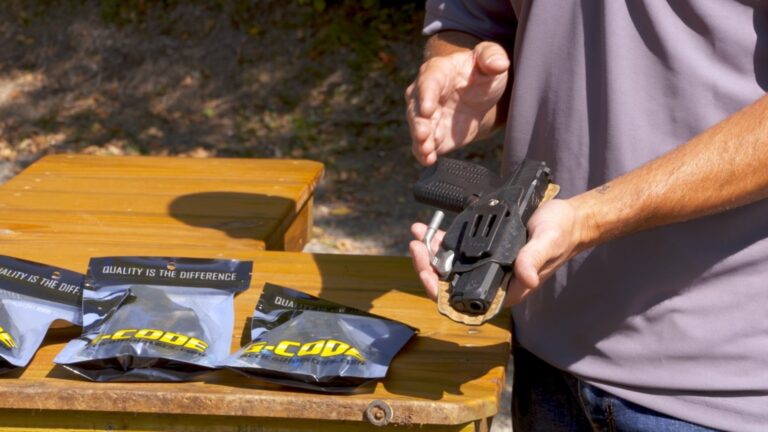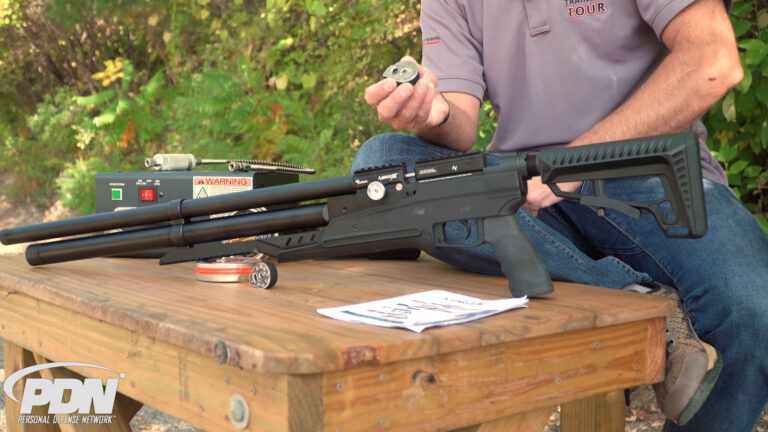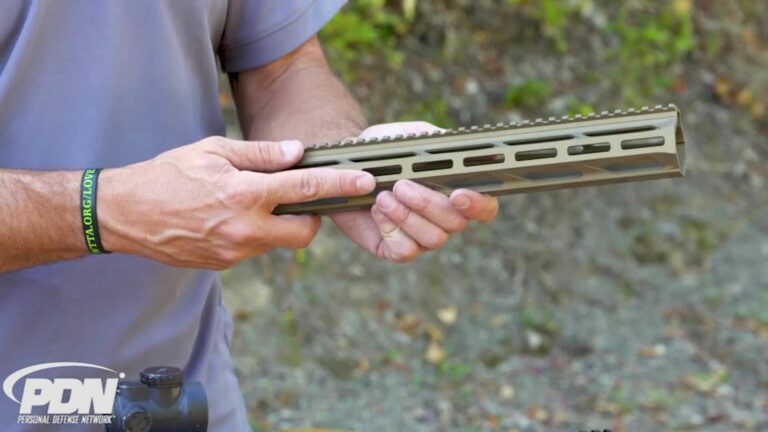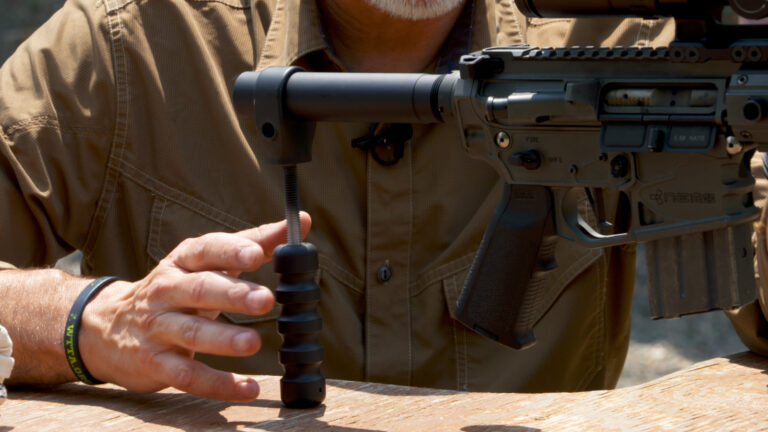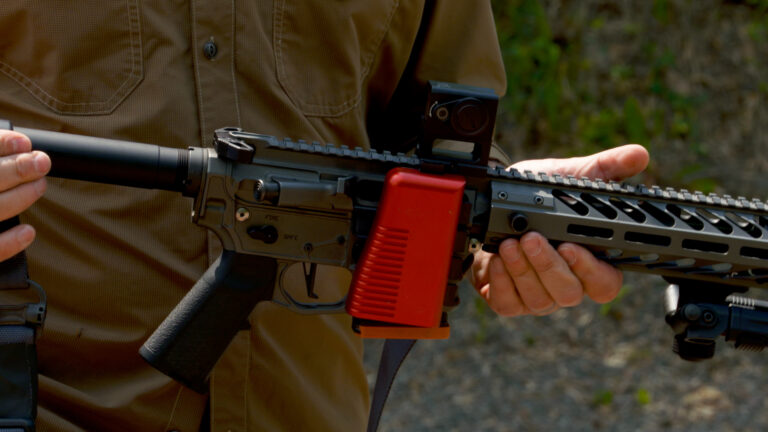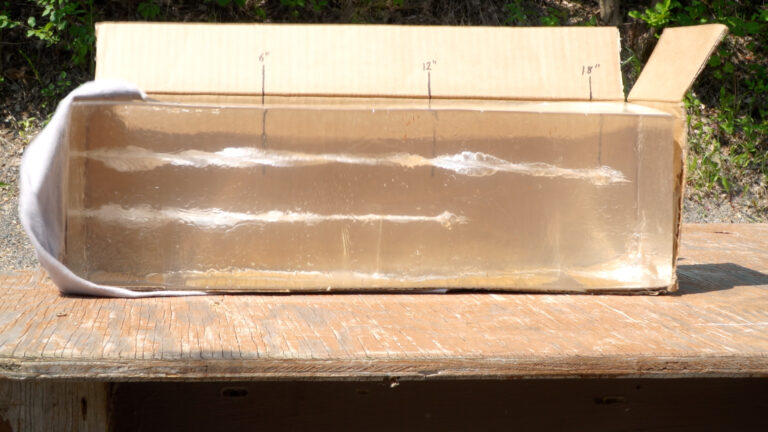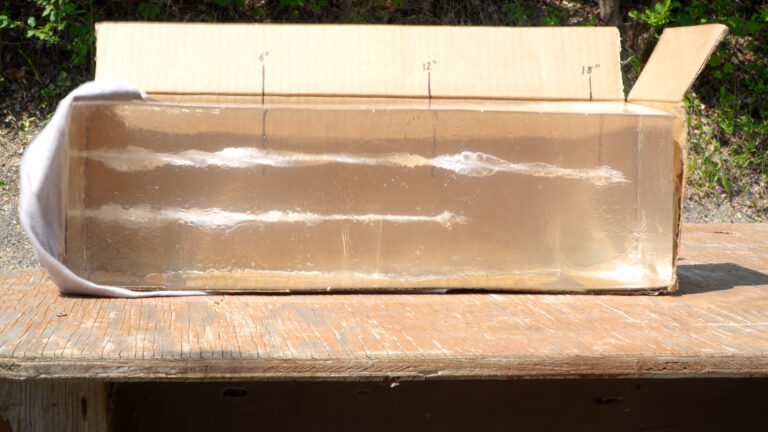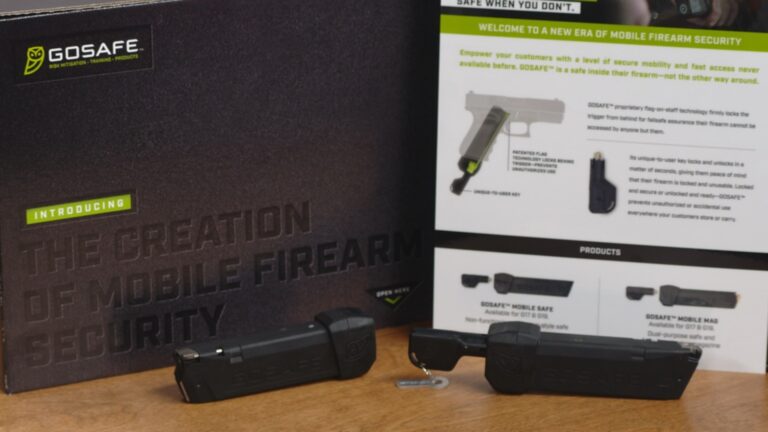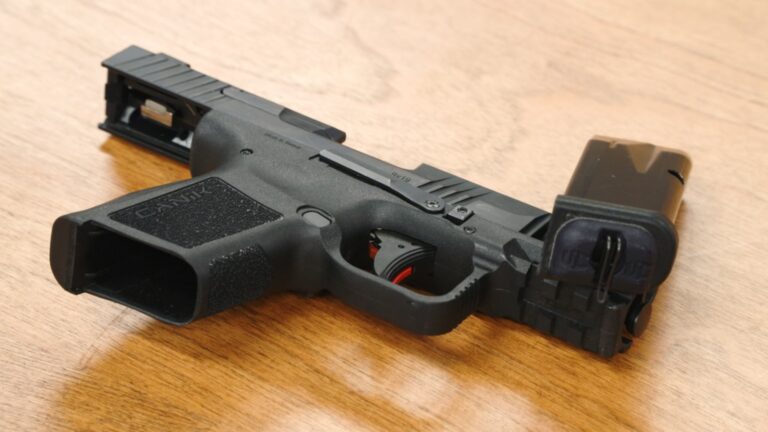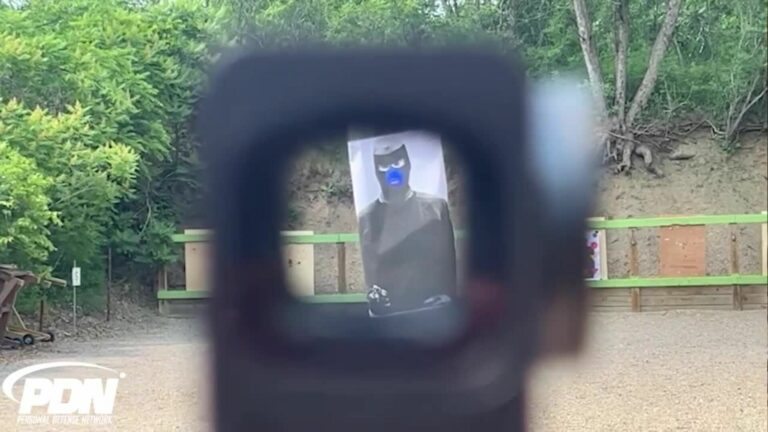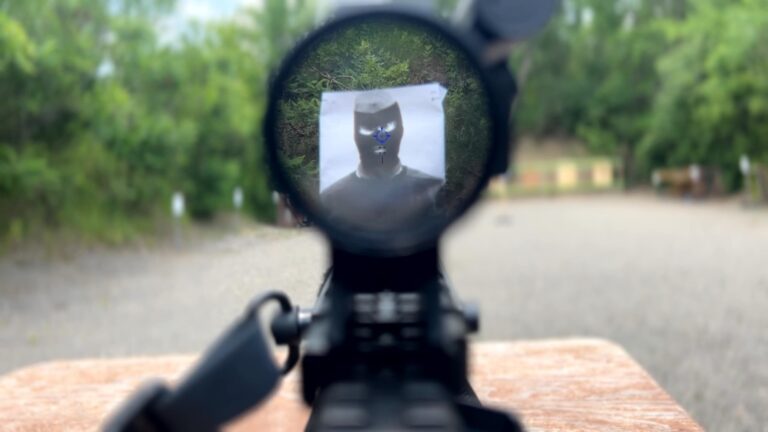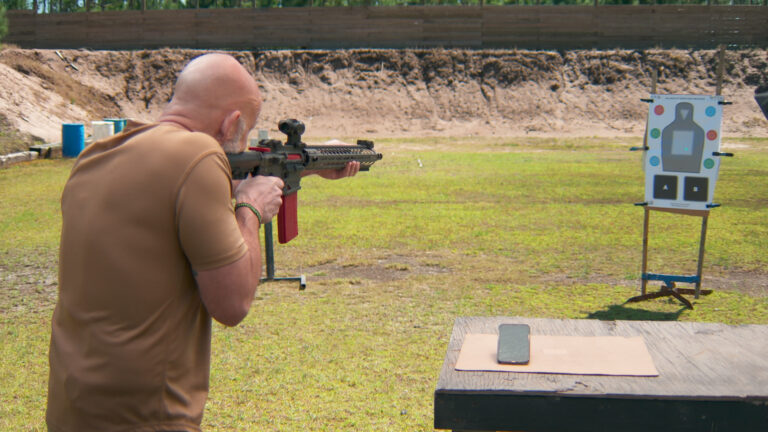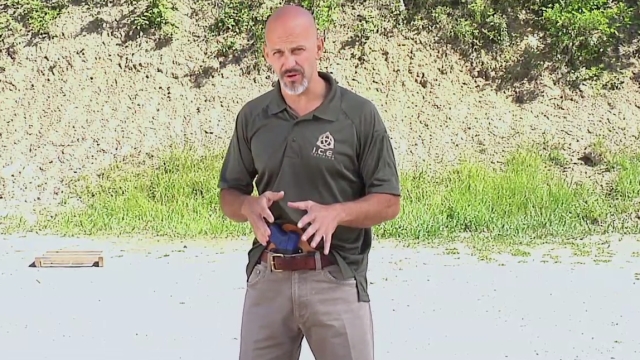
Ballistic Gel Test: Inceptor .380 Auto
Rob PincusPDN conducts ballistic gelatin testing on the Inceptor .380 ACP round. How does it compare to a standard .380 ball round and a non-bonded hollow point?
INCEPTOR .380 AUTO
The Inceptor is a frangible round that has cut outs in it. They are designed to increase the damage that the round does inside the human body. It’s a defensive round that feeds like a ball round and doesn’t expand.
Average defensive shooters will be better served by a bonded hollow point or perhaps a non-bonded hollow point in a slow-moving round like the .380. But the reasons a shooter might be interested in the Inceptor round are twofold: First, a lot of .380s are simply not reliable firearms, a critical factor for defensive use, and therefore feeding hollow points might be an issue. The Inceptor feeds more like a ball round but potentially has better performance inside a human body (though let’s see what the results of our ballistic test are).
LEGAL TO BUY AND SHOOT
The other reason you might want to use the Inceptor is because hollow points are illegal in some places, including New Jersey unless they are in your home. The Inceptor can fill the role of a legal defensive round that is better than ball ammunition, especially for use in ultra-compact .380 handguns popular for concealed carry.
BALLISTIC GELATIN TESTING RESULTS
The Inceptor round tumbled and caused more damage than the ball round. From 2½ to 5¼ inches, there’s a much larger wound cavity from the movement and tumbling that is caused by the cut outs on the front of the Inceptor round. Also the Inceptor round penetrated 13 inches, ideal for a defensive round.
We analyze the performance of the ball round and the non-bonded hollow point, and the Inceptor looks like the best choice of these three.
Explore videos by Rob Pincus
You may be interested in
Premium Membership
Unlock exclusive member content from our industry experts.
- 24/7 Access to Premium Personal Defense and Firearm Training Videos and Drills
- Step-by-Step Instructional Demos and Guides
- 50% Off Video Downloads Purchased in the Personal Defense Network Shop
- Access to Ask the Expert Program
Unlock exclusive member content from our industry experts.
- 24/7 Access to Premium Personal Defense and Firearm Training Videos and Drills
- Step-by-Step Instructional Demos and Guides
- 2 Full-Length Video Downloads to Watch Offline
- 50% Off Video Downloads Purchased in the Personal Defense Network Shop
- Access to Ask the Expert Program
Gold Membership
$340 Value
Get everything included in Premium plus exclusive Gold Membership benefits.
- 24/7 Access to Premium Personal Defense and Firearm Training Videos and Drills
- Step-by-Step Instructional Demos and Guides
- 9 Full-Length Video Downloads to Watch Offline
- 2 Full-Length Personal Defense Classes to Keep for Life
- 2 In-Depth Skill Development Presentations
- Discounts on Purchase-to-Own Content in the Personal Defense Network Shop
- Access to Ask the Expert Program
- Exclusive GOLD LIVE Streaming Events
